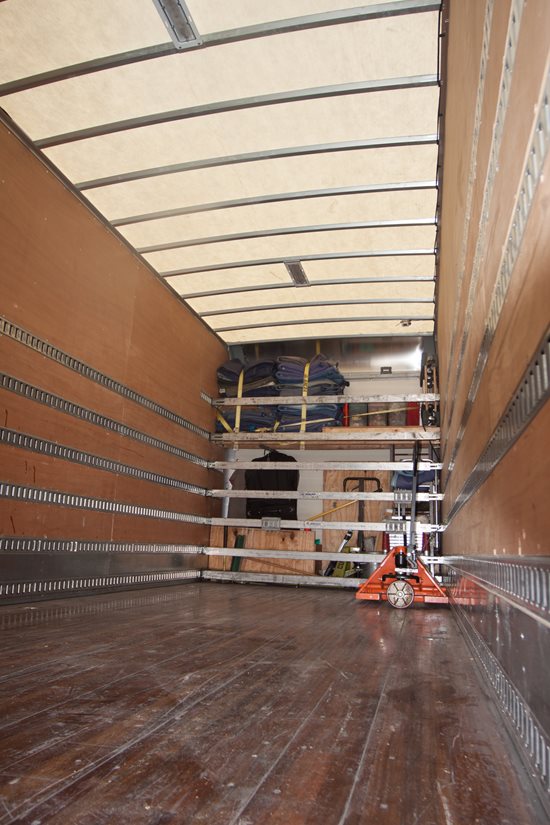
Expediters, while following all of the same HOS and other FMCSA rules as their other OTR brethren with a slightly different business model. Ask an expediter how many miles they drove last week and they will most likely give you a blank look. Ask them how much money they made per mile and they can you give that number without hesitation.
Expediting is door-to-door, exclusive use, time sensitive freight handling. The expediting cargo van, straight truck and tractor/trailer sits staged like an ambulance ready to roll within ten minutes after the distress call is placed by the customer. The shipper is guaranteed that a truck will be at their doorstep in a very short time ready to solve their emergency shipment. Examples of this are repair parts for an inoperative assembly line, or Just In Time parts for the auto industry. This could mean backing up to a dock and loading their freight, it could mean meeting them at the front door to pickup a small box, or it can mean going inside a building and taking computers off of a desk or out of a computer room and using a lift gate to load the freight. When the emergency cannot wait for a truck to cross the country we pickup the product, deliver it to a plane, the plane will then meet another truck, and deliver the load. We are often accused of hauling a lot of sailboat fuel.
Once the commodity is inside the truck it is secured using load bars, straps, padding, corner protectors or anything else needed to insure the load rides smoothly without moving. The motto is the freight is secured well enough it becomes part of the truck. Expediters also carry sensitive freight that required different levels of driver and truck qualifications.
An expediter thinks nothing of deadheading several hundred miles to over a thousand miles to pick up a load that requires that truck or drivers’ special qualifications. Most of the loads are team loads that require straight through pickup with a straight through delivery within a specific time for pickup and delivery. While our yearly miles are comparable to a hard running solo most of our loads require a team for straight through delivery. Expediters do not typically use warehouses to temporarily handle freight.
When we started looking at expediting we quickly realized that we wanted a Freightliner and we picked a M2 Class 7 truck with a C7 Caterpillar engine, and a 6-speed Allison Transmission with a 24' Supreme dry box. We later added a pusher axle and a lift gate. The first two-foot of the box was decked for storage of our stacks of blankets, corner protectors, plastic wrap, dollies, pallet jack, straps, plywood, and load bars. The truck was set up to handle any type of customer’s emergency.
Our M2 Freightliner served us very well and we put on over 800,000 miles before we purchased our next truck. We spent two years researching different brands of truck looking for the perfect truck for our operation and one that would carry our business profitably into the future.